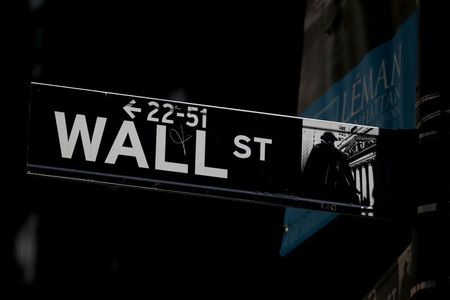Wall Street is starting the week in the red, with the Dow and other major indexes sharply lower as investors grappling with a wide range of concerns.
Facebook (FB) was leading the mega-caps in losses with a 5.5% decline following claims from a whistleblower that the company prioritized profits over safety. NVIDIA (NVDA) was down 5% amid an observation from Marvell (MRVL) that the semiconductor shortage could extend through 2022.
These headlines aren’t necessarily why the growth stocks are struggling, let alone the broader market. As a reminder, the market has struggled since the start of September amid unresolved issues on infrastructure, the debt ceiling, rising inflation pressures, and supply chain challenges.
It’s worth noting that the S&P 500 traded relatively unchanged shortly after the open following last Friday’s rally. A recent tendency to sell into strength has dampened dip-buying efforts.
Presently, nine of the 11 S&P 500 sectors are trading lower, including information technology (-3.0%) and communication services (-3.0%) with 3% declines due to the mega-cap losses. The Vanguard Mega Cap Growth ETF (MGK) was down 2.9%.
On the upside, the energy sector (+2.0%) is rallying 2% alongside higher oil prices after OPEC+ agreed to maintain its plan for gradual production increases, as widely expected. The utilities sector (+0.6%) trades modestly higher.
Tesla (TSLA) was an individual standout, and an exception to the mega-cap trade, after the company reported a record number of deliveries (241,300 vehicles) in the third quarter. On a related note, RBC Capital Mkts raised its price target on TSLA $755 from $745.
Looking at the Treasury market, the 10-yr yield brushed up against 1.51% earlier today, but it’s retraced to its unchanged mark of 1.47% amid the weakness in equities. Separately, the CBOE Volatility Index was trading close to 24.00, representing some expectations for further downside.
Today’s economic data was limited to Factory Orders for August, which increased 1.2% (consensus 1.0%) following an upwardly revised 0.7% increase (from +0.4%) in July.





